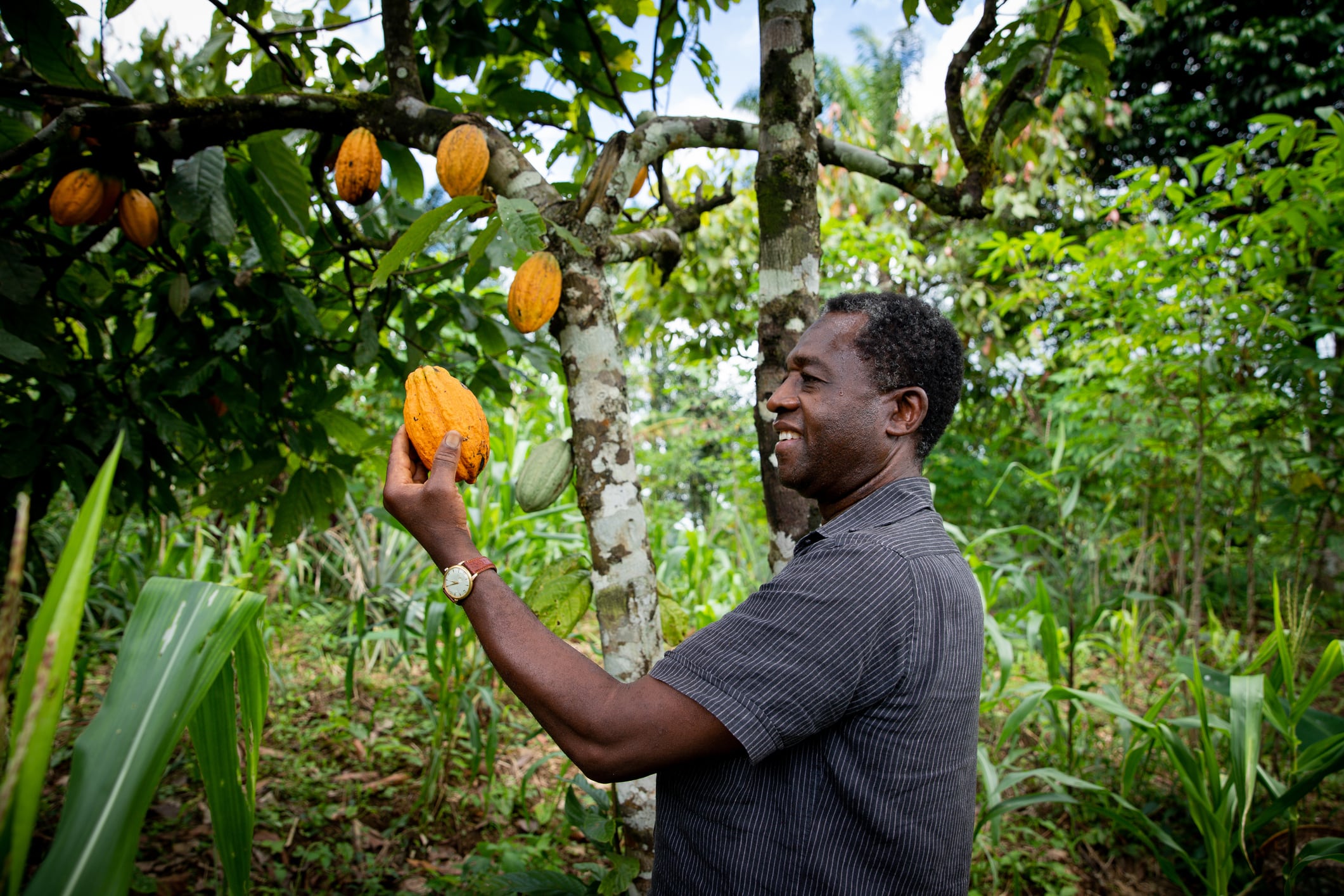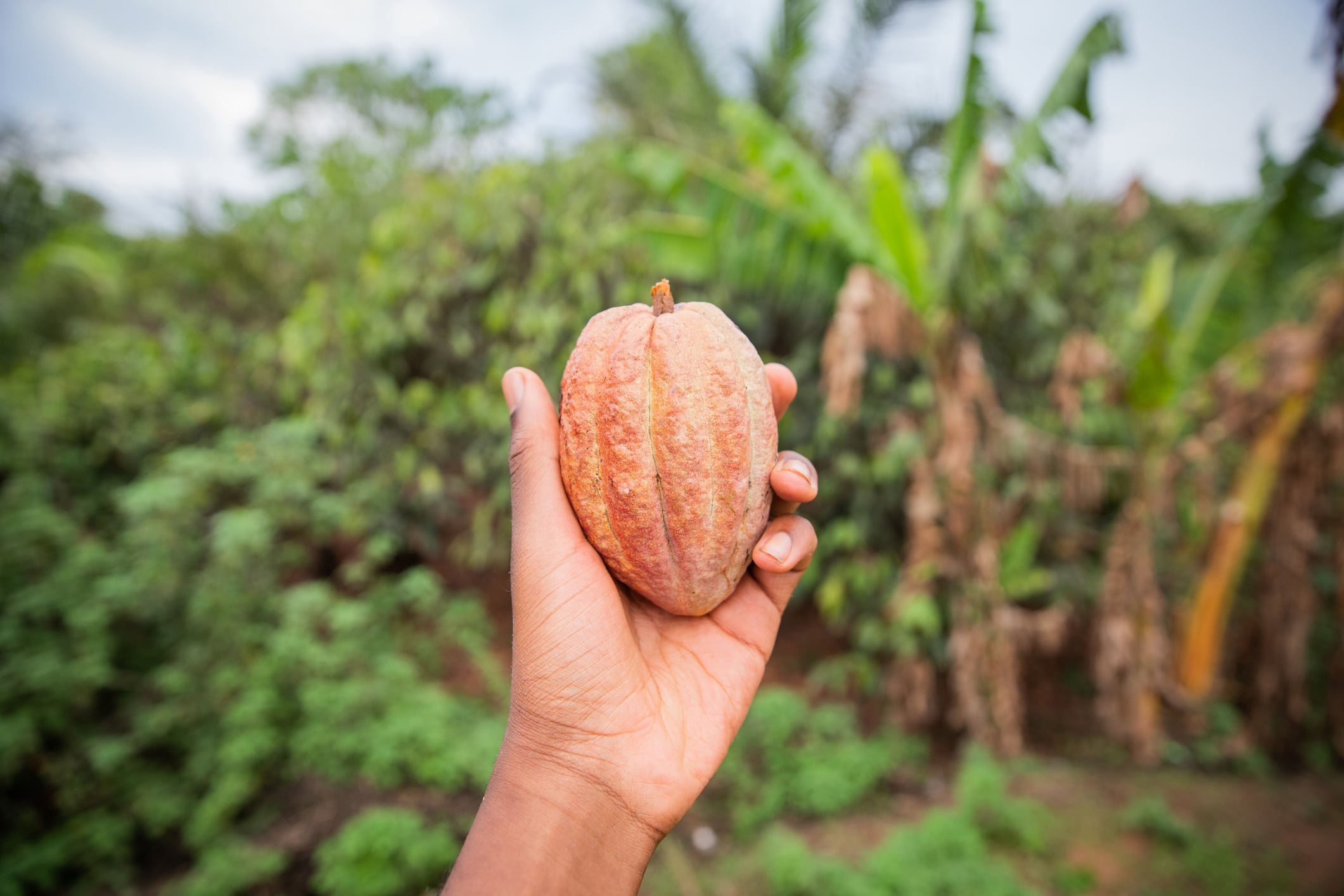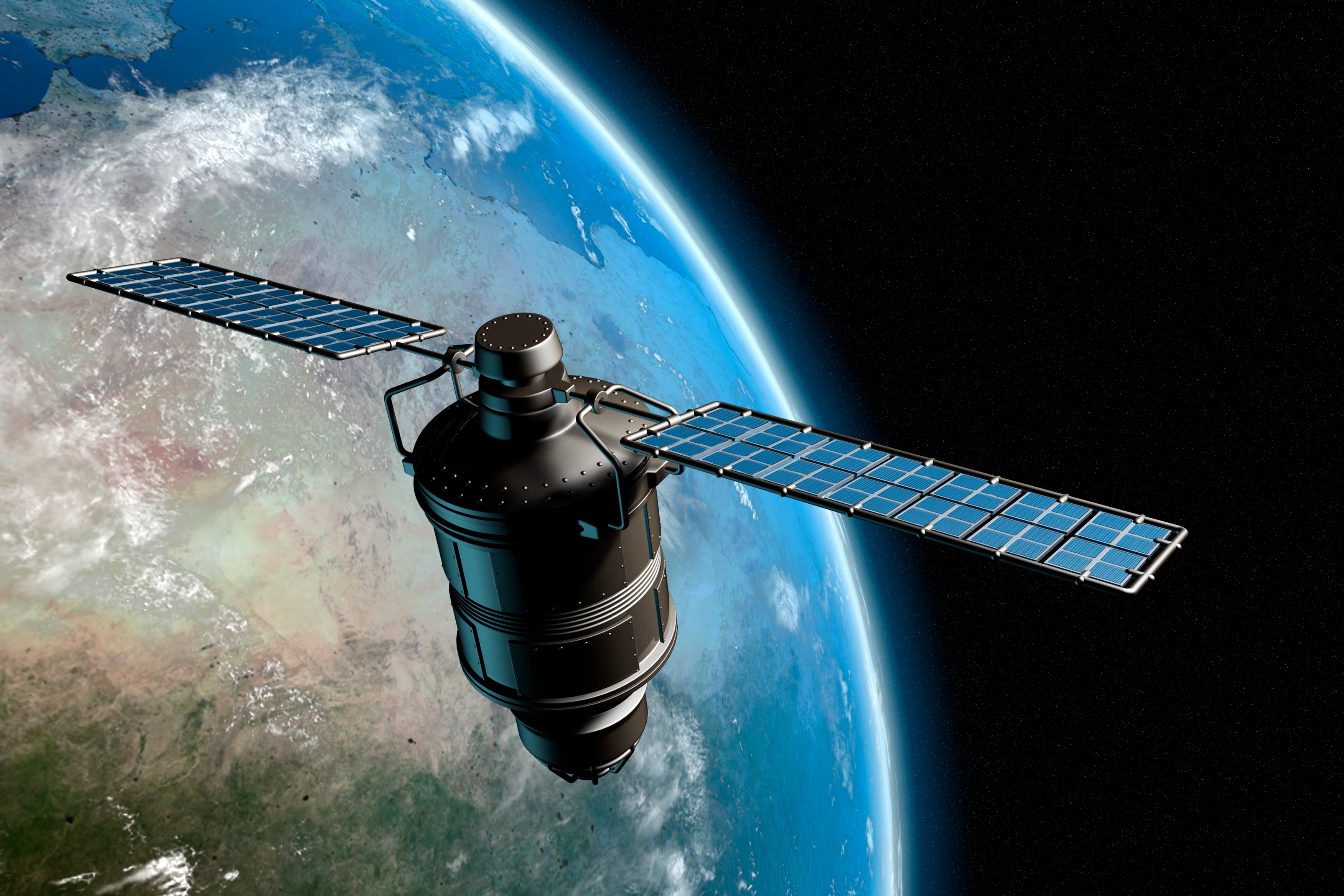EU-Mercosur summary
- A draft version of the EU-Mercosur deal has been approved following 25 years of negotiations
- It sees tariff reductions or removals on many products including wines, spirits, chocolate, and soybeans
- It protects 344 European geographical indicators
- It upholds EU animal welfare standards for imports such as eggs
- The introduction of new protections for farmers has seen France’s previous opposition to the deal soften
On Wednesday, the EU approved a draft version of its trade deal with the Mercosur bloc.
The deal with the bloc, which consists of Brazil, Argentina, Paraguay and Uruguay, has wide ranging consequences for both food and agriculture.
While the deal, which has spent 25 years in negotiations, must still be approved by the European Parliament, it is a step closer to being realised. What does it mean for food and agriculture?
EU-Mercosur’s impact on food
The deal will significantly impact the food industry in Europe.
The agreement aims to soften or remove trade barriers for certain key sectors. For example, it aims to get rid of Mercosur tariffs on EU wine, spirits and chocolate, which currently have high tariff barriers.
Alongside practical implications, the deal also aims to send a message that the parties involved “reject protectionism”.
The deal also means that Mercosur will recognise 344 geographical indicators, banning imitations within Mercosur countries as well as misleading images, flags or symbols. Roquefort cheese, for example, will be protected under the agreement.
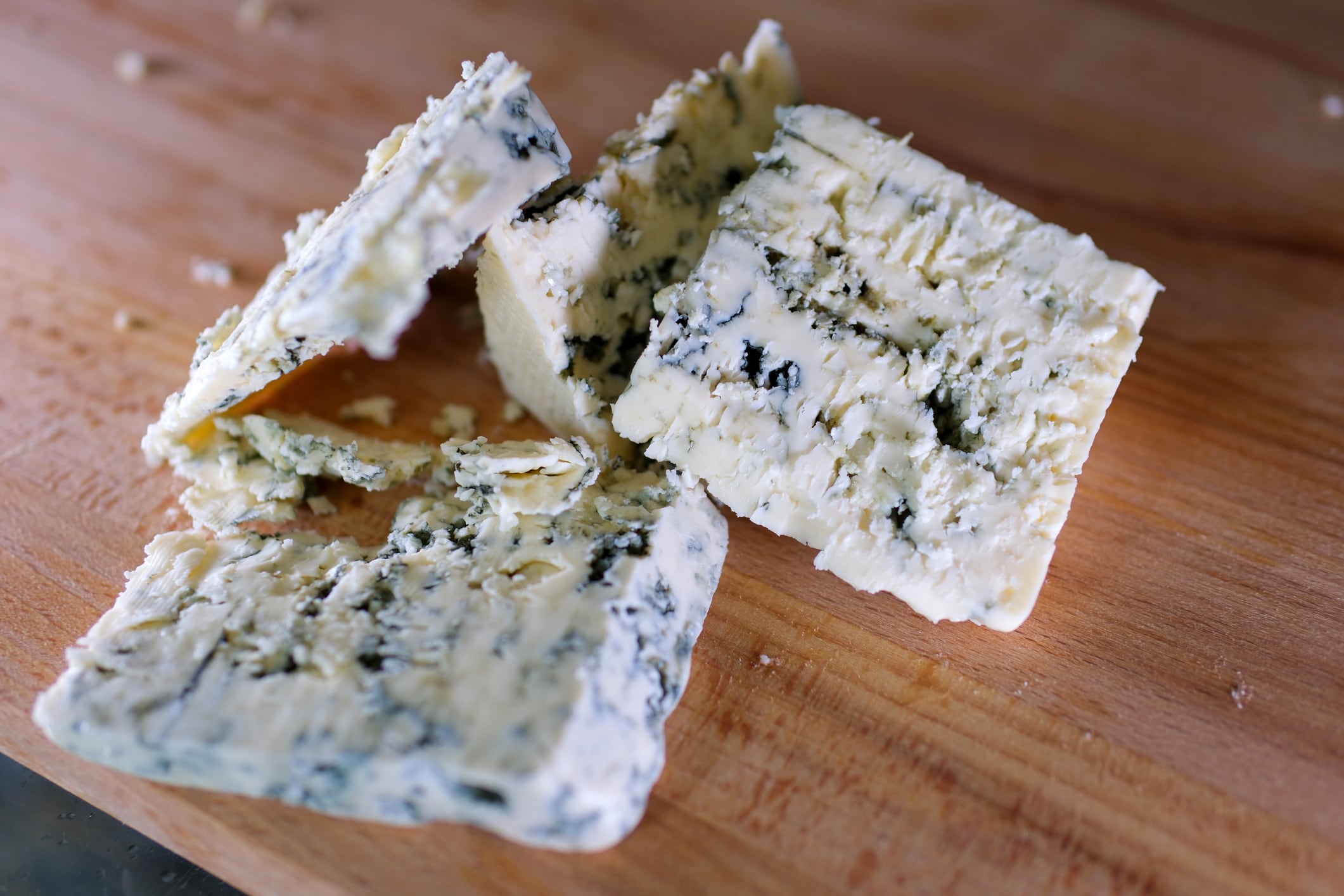
The deal also takes animal welfare into account. Eggs imported into the EU under the deal can only be given a tariff preference if they align with EU standards on animal welfare. To be duty-free, eggs must be accompanied by a certificate of compliance with the EU directive protecting laying hens.
EU-Mercosur’s impact on agriculture
The deal will greatly reduce trade barriers between the two blocs on agricultural goods as well as food.
For example, tariffs on soya beans and animal fats will be reduced, and tariffs on animal hides will be removed.
Concerns about competition from Mercosur countries in agricultural goods had long meant that the agreement has seen opposition, most notably from France.
However, the EU is introducing bilateral safeguards to protect farmers. This, reports Reuters, has led to France softening its position. While Poland, another longtime critic, continues to oppose the deal, its President, Donald Tusk, admitted it no longer has the allies to block it.
The new addition entrenches the European Commission’s commitment to protecting EU farmers. These commitments include enhancing their monitoring of markets for potential risks to farmers to provide more time to react, and reporting on the risk levels of imports.
The Commission will launch an investigation if there is a 10% increase in imports of a product, and if the price is 10% lower. This may result in a suspension of the tariff reduction.
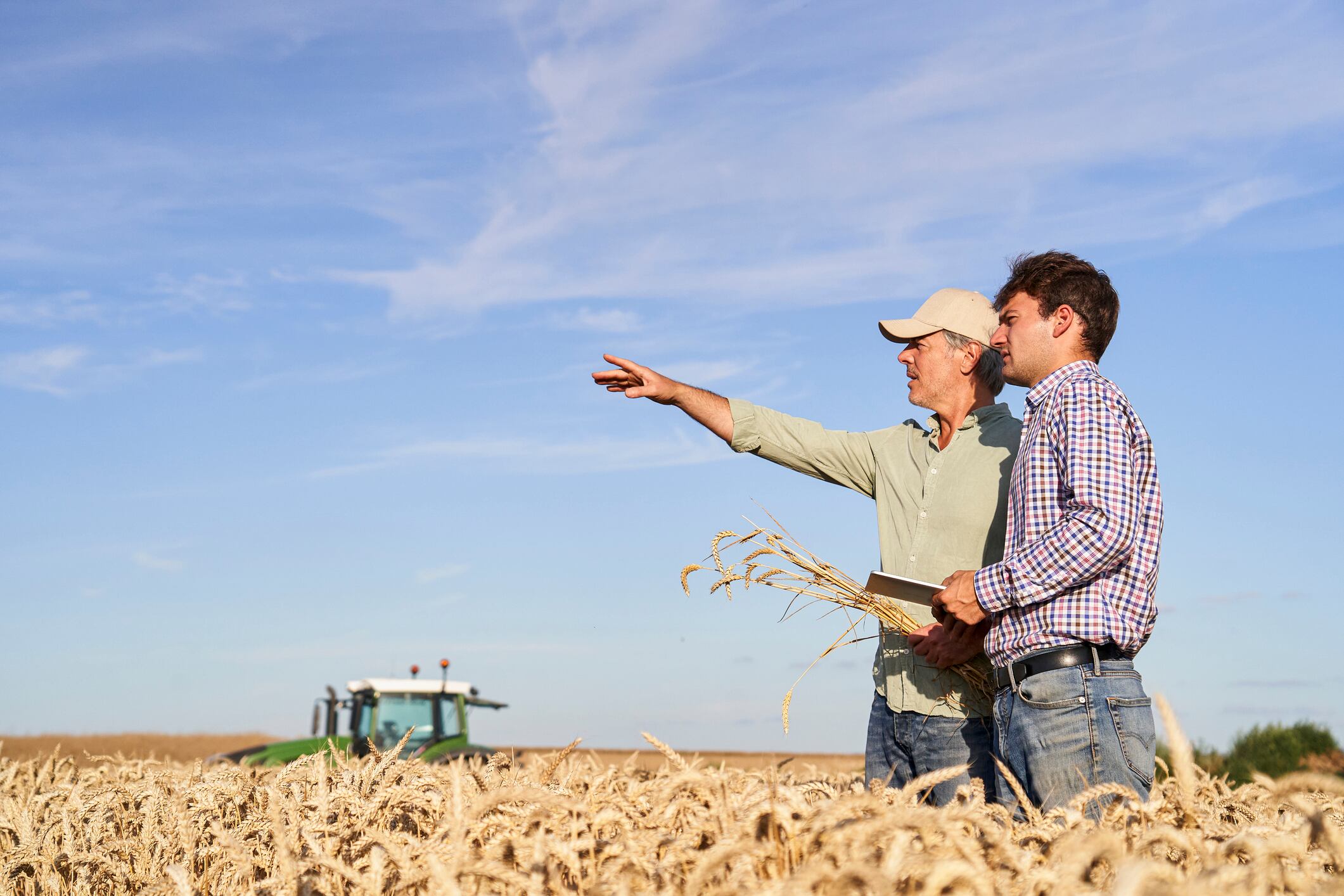
Notably, barriers will also be softened for EU agri-food products exported into Mercosur.
The EU will also aim towards a “stronger alignment” with production standards on imported products, including pesticides, as previously outlined in its Vision for Agriculture and Food.
Such a position aims to prevent farmers from being outcompeted by products made to lower standards than EU-produced food.
Alongside this focus on standards, the two trading blocs have agreed to cooperate on combatting antimicrobial resistance (AMR) in humans and animals, as well as to improve animal welfare standards.
On the sustainability front, the two parties have also agreed to combat deforestation.



